Nearly 50% of young South Koreans surveyed support the idea of having children without getting married, reflecting a shift in social attitudes and childbearing trends in the country.

Nearly 43% of survey participants in South Korea said that having children without marriage is acceptable - Photo: AFP
On November 17, the Korean Statistics Office announced the results of an annual study showing that young people's views on marriage and children in this country are changing significantly compared to previous generations. According to the survey, 2 out of 5 people in their 20s agree with having children without getting married.
42.8% of those surveyed said it was perfectly acceptable to have children without getting married. This marked a significant change from 10 years ago when only 30.3% of people held this view.
The support rate for having children without marriage also witnessed a sharp increase, compared to 5.7% of people who agreed in 2014, to 14.2% now.
The rate of opposition to the above view of life also decreased from 34.9% to 22.2% after 10 years.
According to the Straits Times , the above research results also reflect the birth trends of Korean people in recent years.
In 2023, South Korea recorded 10,900 babies born to unmarried couples, accounting for 4.7% of all births, the highest number since the country began keeping data on parents' marital status in 1981.
The number of children born out of wedlock in South Korea has also been increasing year by year - 6,900 in 2020, 7,700 in 2021 and 9,800 in 2022 - mainly due to the increasing number of unmarried couples or those who just live together.
While social attitudes toward this story are changing rapidly toward greater openness, state support policies have not kept pace and remain rigid.
Most of South Korea’s childcare and support policies are still primarily designed for married couples, leaving children of single parents or unmarried couples at risk of discrimination or under-entitlement due to policy gaps.
In June and July, the Korean government 's Social Commission on Aging and Low Birthrate announced comprehensive measures to address the declining birthrate, such as improving work-life balance, childcare and housing.
However, these measures do not support the birth of children by single or unmarried parents.
Having more systems to support childbirth and childcare, regardless of marital status, could be the solution to South Korea's low birth rate crisis, according to many experts.
Data from the Organization for Economic Cooperation and Development (OECD) in 2020 shows that many countries in the world have quite high rates of out-of-wedlock births, such as France (62.2%), the UK (49%) and the US (41.2%).
Source: https://tuoitre.vn/gan-mot-nua-gioi-tre-han-quoc-ung-ho-co-con-ma-khong-can-ket-hon-20241118142903984.htm




![[Photo] Discover unique experiences at the first World Cultural Festival](https://vphoto.vietnam.vn/thumb/1200x675/vietnam/resource/IMAGE/2025/10/11/1760198064937_le-hoi-van-hoa-4199-3623-jpg.webp)



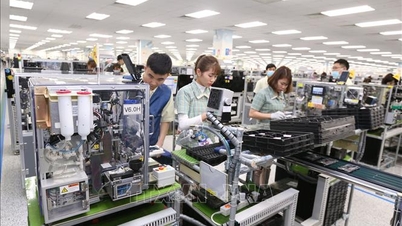






















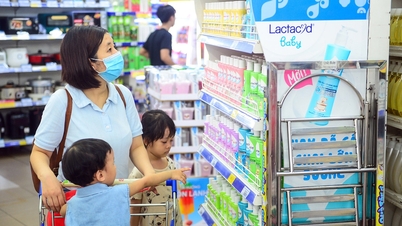




![[Photo] General Secretary attends the parade to celebrate the 80th anniversary of the founding of the Korean Workers' Party](https://vphoto.vietnam.vn/thumb/1200x675/vietnam/resource/IMAGE/2025/10/11/1760150039564_vna-potal-tong-bi-thu-du-le-duyet-binh-ky-niem-80-nam-thanh-lap-dang-lao-dong-trieu-tien-8331994-jpg.webp)





































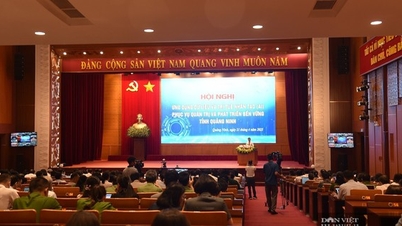








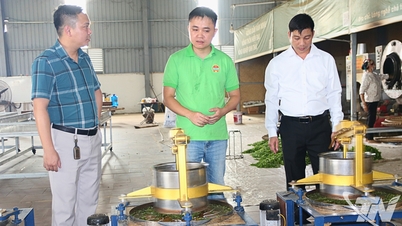




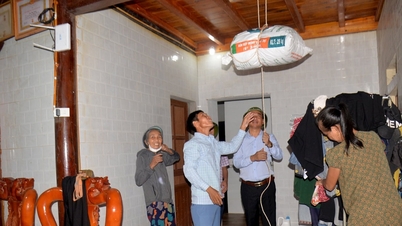














Comment (0)